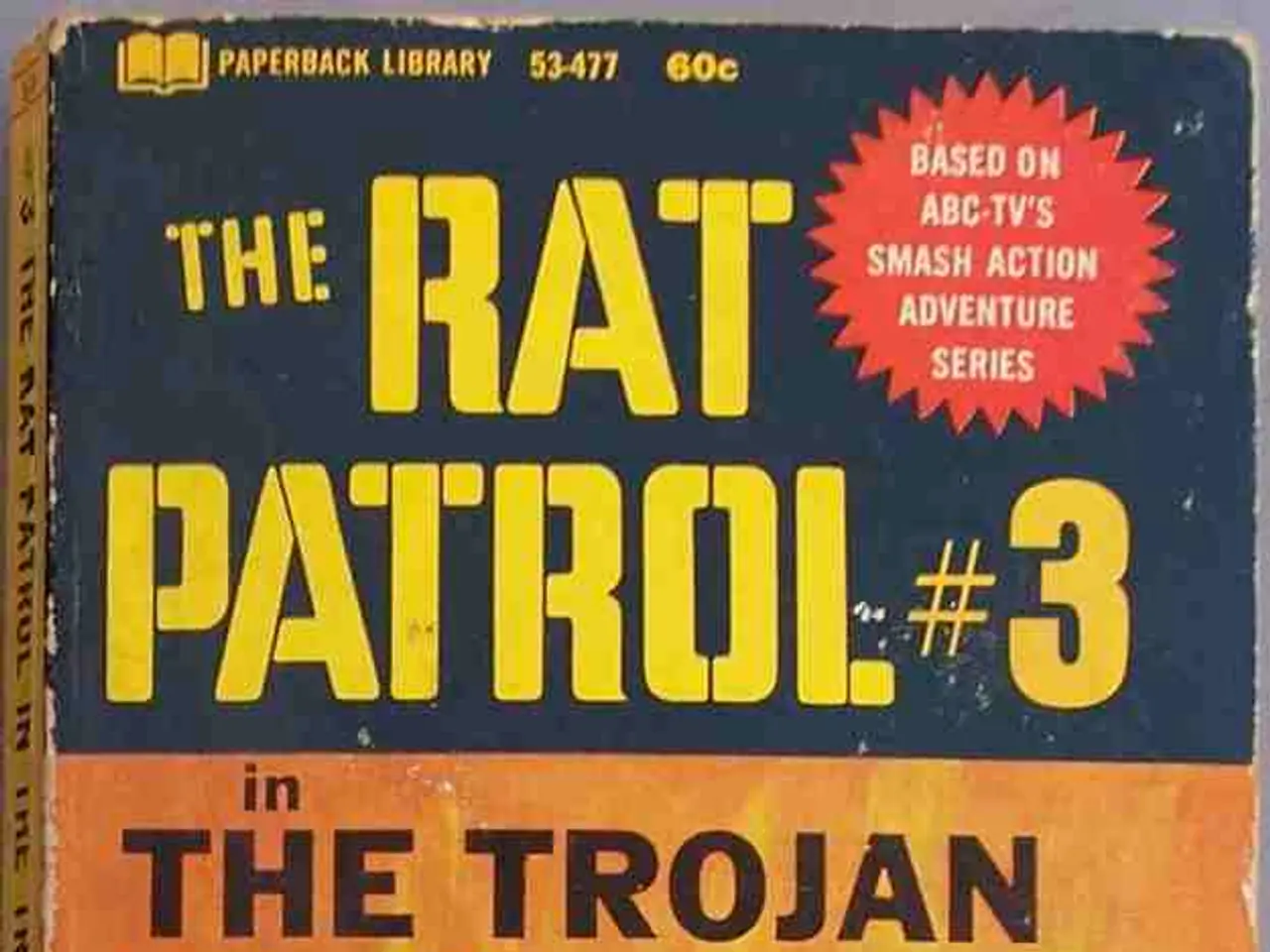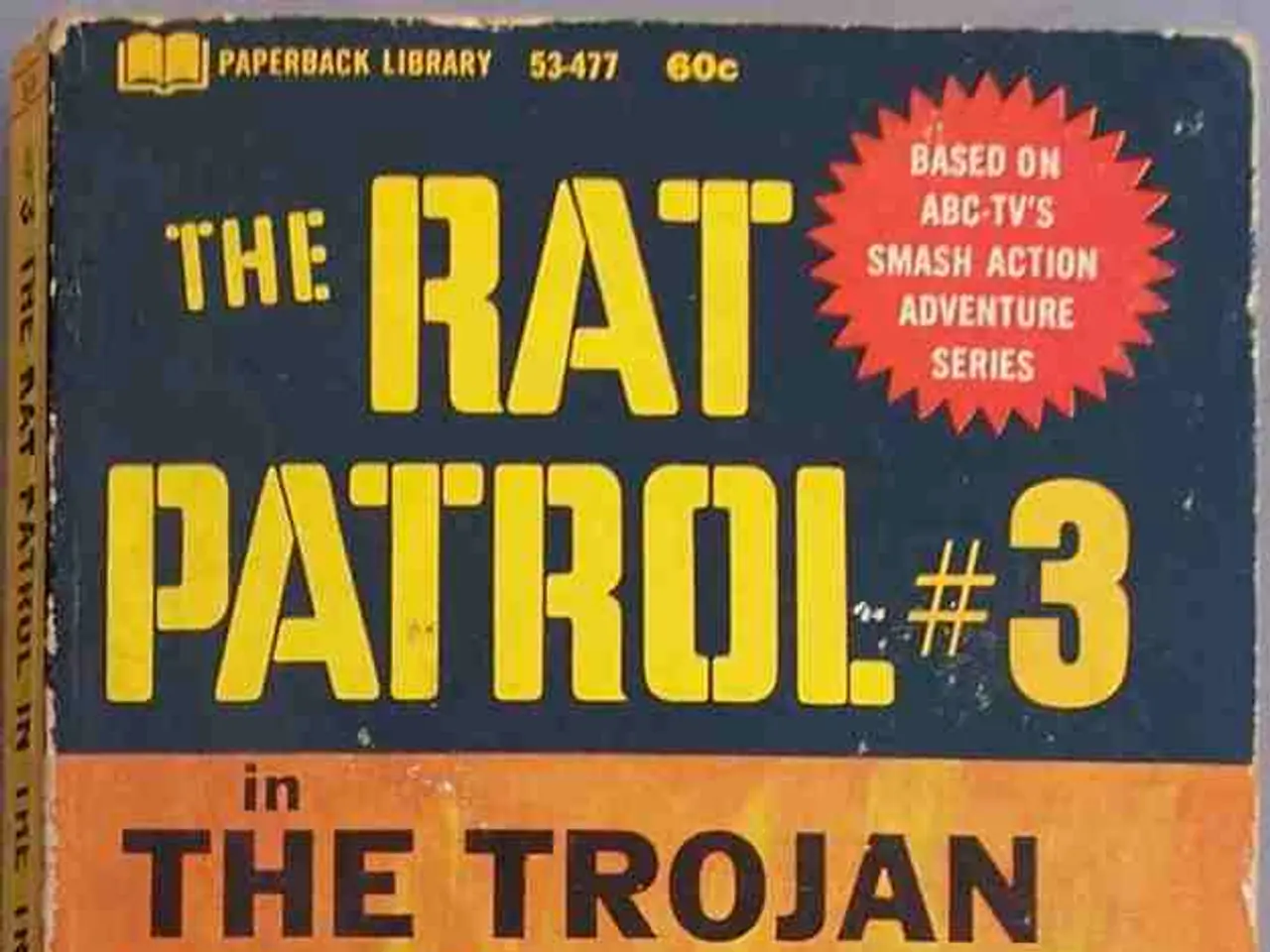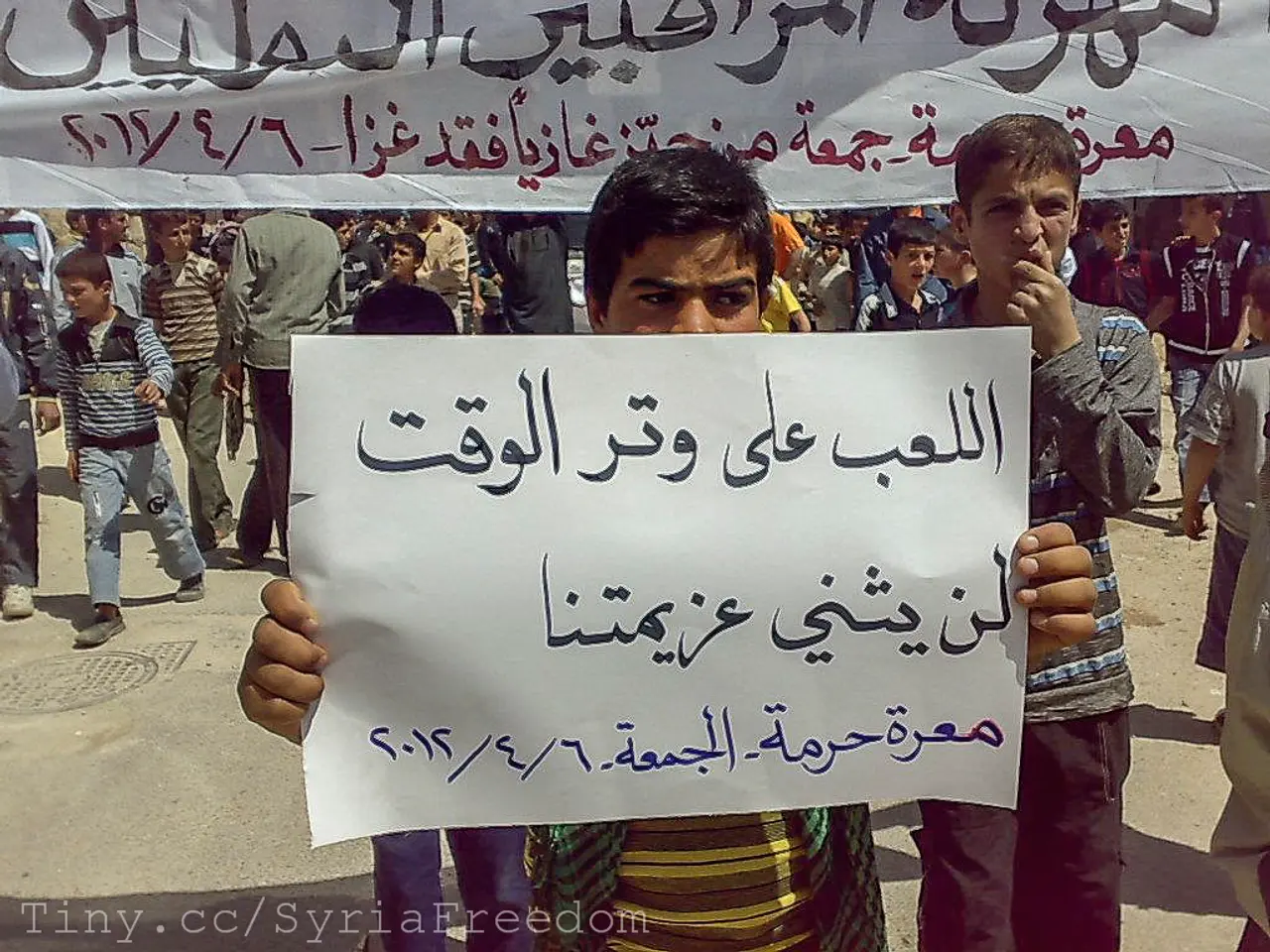Struggle against corruption in Ukraine: Zelensky reinstates law, facing challenges in implementation
In the heart of a deepening political crisis, Ukrainian deputies have unanimously voted for a new law guaranteeing the independence of the National Anti-Corruption Bureau (NABU) and the Special Anti-Corruption Prosecutor's Office (SAPO) from executive power. This move comes after a controversial law passed in late July 2025 that had limited the independence of these key anti-corruption institutions.
The recent political maneuver was met with nationwide protests and criticism from civil society and European leaders, who argued that the legislation undermined Ukraine’s ongoing anti-corruption reforms, European integration prospects, and foreign investment climate. President Volodymyr Zelensky, however, justified signing the initial law by alleging that NABU and SAPO had been influenced by Russia and ineffective in prosecuting corrupt officials who had fled Ukraine.
The tension between Zelensky’s administration and these anti-corruption bodies has been partly fuelled by ongoing investigations targeting Zelensky’s friends and allies. This tension escalated when Ukrainian law enforcement searched NABU detectives' homes and offices, detaining or accusing several agents of alleged Russian ties or involvement in road incidents.
In response to public outcry and criticism, Zelensky registered a draft law on July 24, proposing restoration of NABU and SAPO’s independence but including new measures such as polygraph tests for staff with access to classified information.
Oleksandr Klymenko, head of SAPO, argues that NABU and SAPO have proven their effectiveness, having indicted the head of the anti-corruption committee, two deputy prime ministers, the heads of the Supreme Court, an assistant to the President's office, and many deputies. Currently, 71 Ukrainian parliamentarians are under investigation by NABU, including 31 from the current assembly. Klymenko, however, warns that pressures on the anti-corruption agencies are likely to continue, as some individuals may still aim to cut their independence or undermine their effectiveness.
Historian Yaroslav Hrytsak views this affair as proof that Ukraine's civil society prevents the government from falling into corruption. He foresees that the Zelensky government will not deeply reform the country, and that in the long term, a new innovative political project will emerge from civil society. Hrytsak also fears that Zelensky and his inner circle ignore the sense of injustice generated, between the sacrifices made by the population and the existence of a group of war profiteers.
In the external context, increased pressure from the United States on Russia has put many observers and leaders of civil society to call on Volodymyr Zelensky to change his "political course" on the domestic front, because to survive the Kremlin challenge, the President cannot alienate his main and best ally, the Ukrainian people.
The new law requires all employees of NABU and SAPO to submit to a lie detector test to verify they are not under the influence of a foreign power. The NABU currently has 270 detectives, and the SAPO has 40 independent prosecutors. However, Oleksandr Klymenko suggests that the lie detector test requirement was a pretext, as the practice already existed.
The political crisis in Ukraine, marked by the controversy surrounding the anti-corruption bodies, has implications for Ukraine's governance, anti-corruption efforts, and integration with Western institutions amidst continuing war. The President's office was forced to retreat on this decision due to street protests and pressure from international partners. Professor Yaroslav Hrytsak, however, believes that the level of corruption has decreased in Ukraine, but tolerance of corruption has increased during the war, with Ukrainians thinking that corruption is the biggest problem, more serious than the war itself.
- The recent policy-and-legislation change regarding the National Anti-Corruption Bureau (NABU) and the Special Anti-Corruption Prosecutor's Office (SAPO) has attracted general-news headlines, as it follows a series of events in the politics of Ukraine that have been marred by controversy and public outcry.
- The new law, which includes measures such as polygraph tests for staff with access to classified information, has sparked debate within the political sphere, with some arguing it undermines Ukraine’s anti-corruption reforms, while others claim it is necessary to ensure the independence of these key anti-corruption institutions from executive power.





